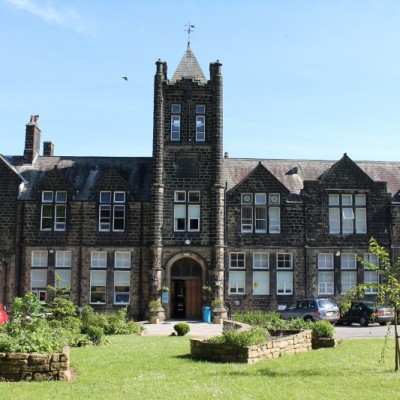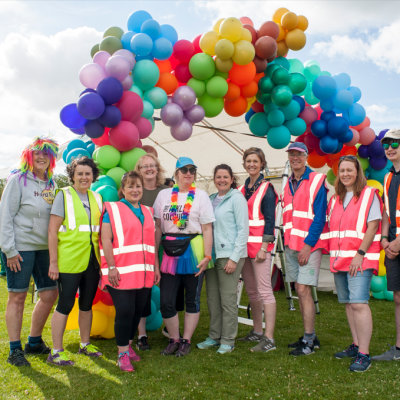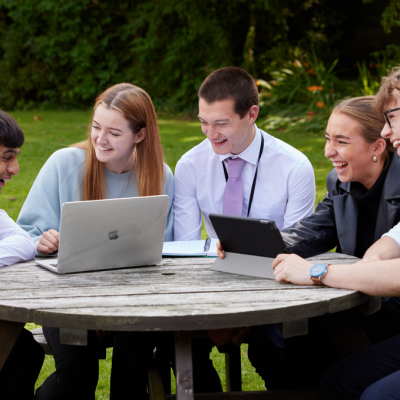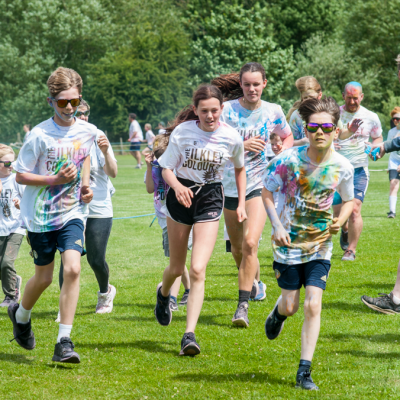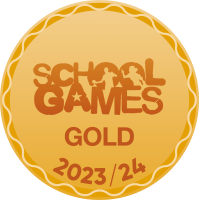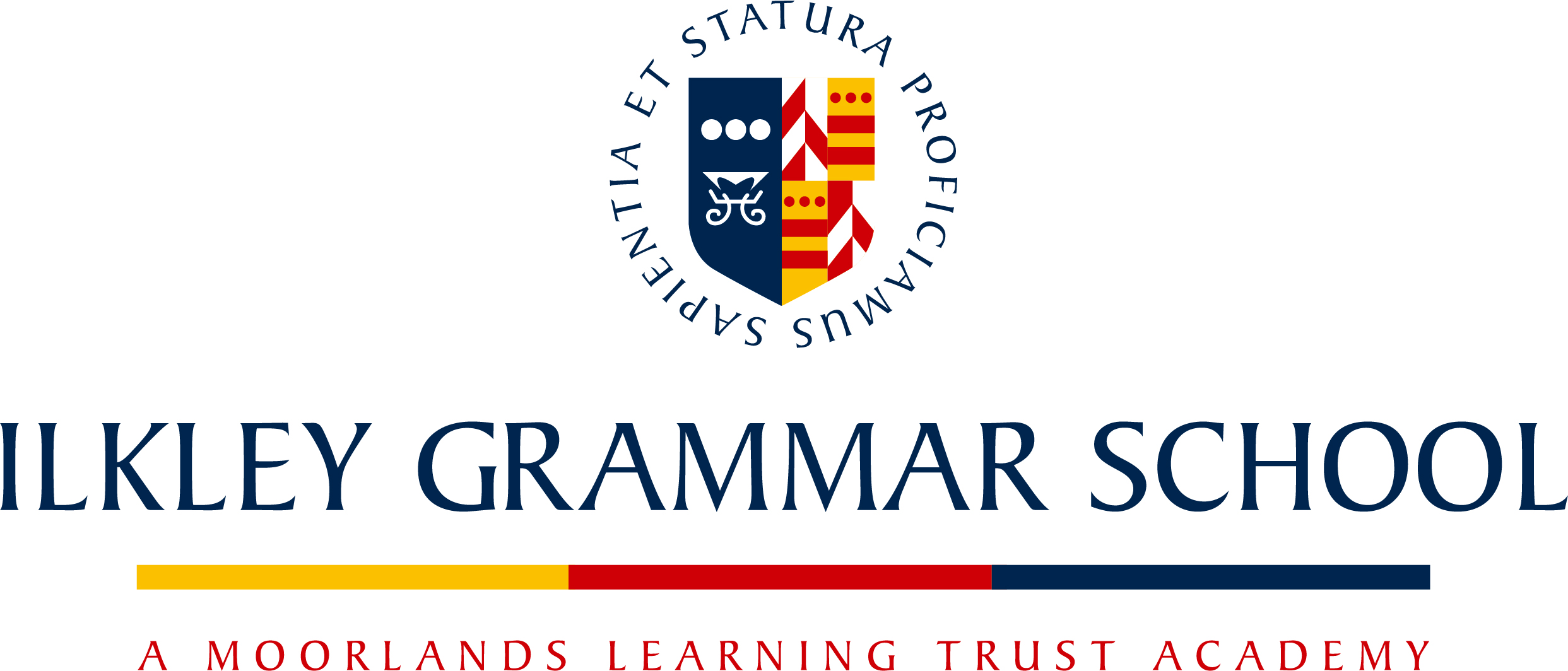SCIENCE - KEY STAGE 3
Science Education at IGS
At IGS, our KS3 science curriculum is meticulously designed to transition students from primary school, introducing them to more complex scientific concepts and practical experiments. Our goal is to provide students with an in-depth understanding of science, emphasizing real-world connections to ignite their interest. Students will engage with complex ideas that build upon each other, ensuring a deep comprehension of science and a robust foundation for KS4.
Starting Strong with Lab Safety
At the beginning of KS3, students focus on lab safety, learning essential equipment and skills for safe laboratory practice. This foundational knowledge sets the stage for their scientific journey, allowing them to conduct experiments confidently and safely. Understanding lab safety is crucial as it underpins all scientific investigation, ensuring that students can explore scientific concepts without risk.
Core Scientific Concepts
Throughout KS3, students explore a variety of topics in biology, chemistry, and physics. The curriculum is structured around five key areas of powerful knowledge:
- Matter
- Chemical Reactions
- Energy
- Forces
- Cells
Detailed Overview of Core Concepts
- Matter: Students begin with the particle model, understanding the properties of solids, liquids, and gases. This concept is expanded to explain gas pressure, diffusion, and changes of state. This foundational knowledge enables students to grasp more complex topics such as the behaviour of particles in different states and the principles underlying thermal energy transfer.
- Chemical Reactions: Students explore how atoms and compounds interact in various chemical reactions. They will learn to identify and classify different types of chemical reactions, including exothermic and endothermic reactions. This study provides students with the tools to understand everyday chemical processes and industrial applications.
- Energy: The study of energy focuses on its nature, storage, and transfer between objects. Students will learn to identify significant energy stores and understand how energy transfers drive various phenomena. They will also delve into the laws of conservation of energy and the efficiency of energy transfer, which are critical concepts for understanding both natural and man-made systems.
- Forces: This topic covers different types of forces and their effects on objects, fostering a foundational understanding of physical interactions. Students will study gravity, friction, and tension, learning how these forces influence motion and stability. This knowledge is essential for understanding mechanics and the principles of engineering.
- Cells: Students delve into the structure and function of cells, distinguishing between animal and plant cells and exploring the roles of various subcellular structures. This topic lays the groundwork for understanding more complex biological processes and the organization of living organisms.
Building and Expanding Knowledge
The KS3 science curriculum is designed to build and expand upon these core concepts as students progress through Years 7 and 8. Each topic in biology, chemistry, and physics is sequenced to enhance understanding and complexity, allowing knowledge from one area to support and enrich learning in another. This progression ensures that students can make connections between different scientific principles, fostering a more holistic understanding of science.
Integrated Learning Journey
Our curriculum ensures that students can see the connections between different scientific disciplines, promoting a cohesive and integrated learning experience. For example, the study of energy is linked to both chemical reactions and forces, helping students understand the interdisciplinary nature of scientific inquiry. Examples of these links and progression can be found in the KS3 learning journey above.
Conclusion
The KS3 science curriculum at IGS aims to foster a comprehensive and interconnected understanding of scientific principles, preparing students for the challenges of KS4 and beyond. Through a focus on foundational knowledge, practical skills, and real-world applications, we strive to inspire the next generation of scientists. Our approach not only equips students with the knowledge they need but also encourages critical thinking, problem-solving, and a lifelong curiosity about the world around them.
